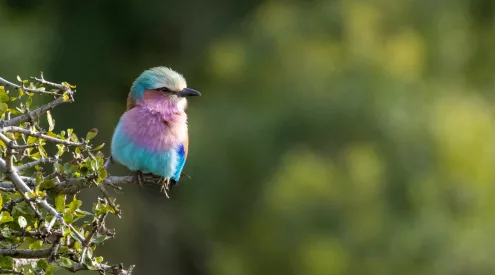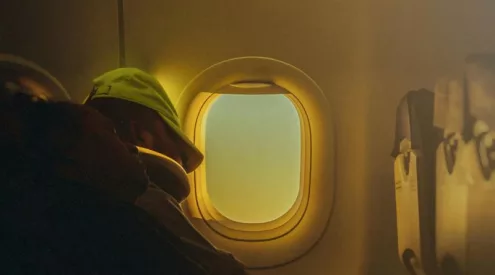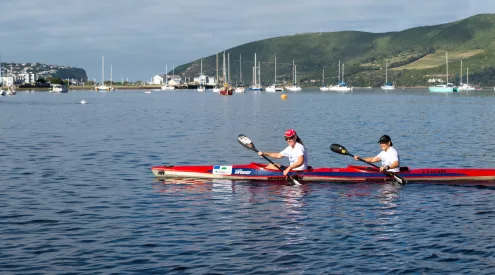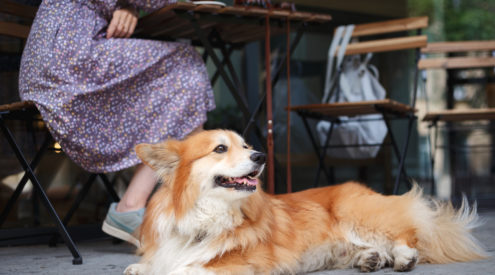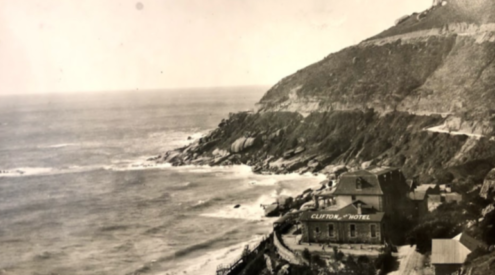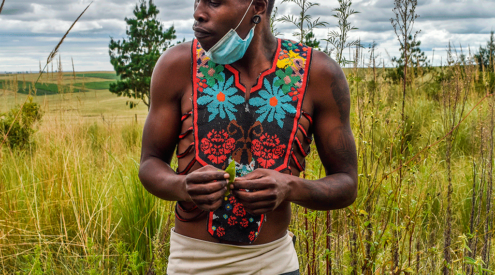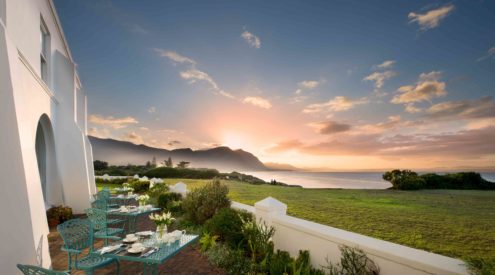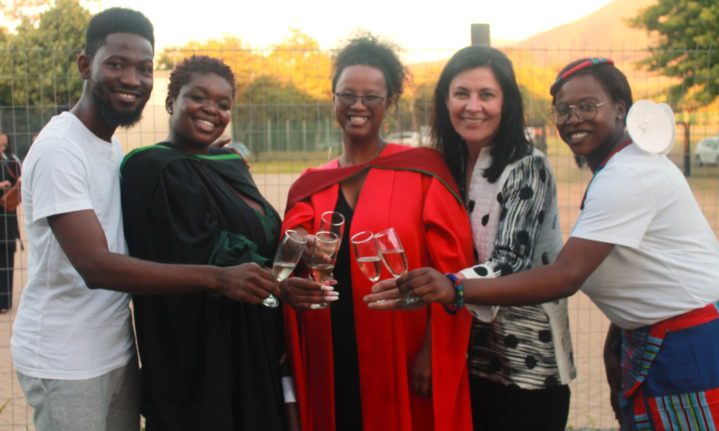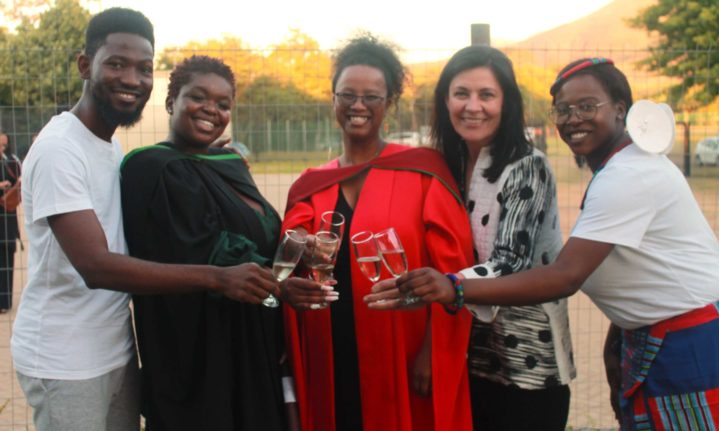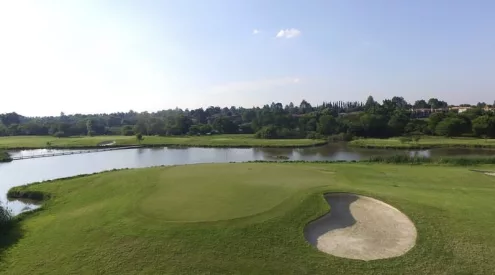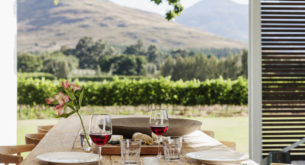Dr Rhoda Malgas, a Conservation Ecology lecturer and the founder of the Small Things Fund, has completed a PhD study on rural communities that make a living from wild harvesting indigenous rooibos and honeybush in the fynbos region. Malgas received her PhD in Conservation Ecology from Stellenbosch University (SU) in December.
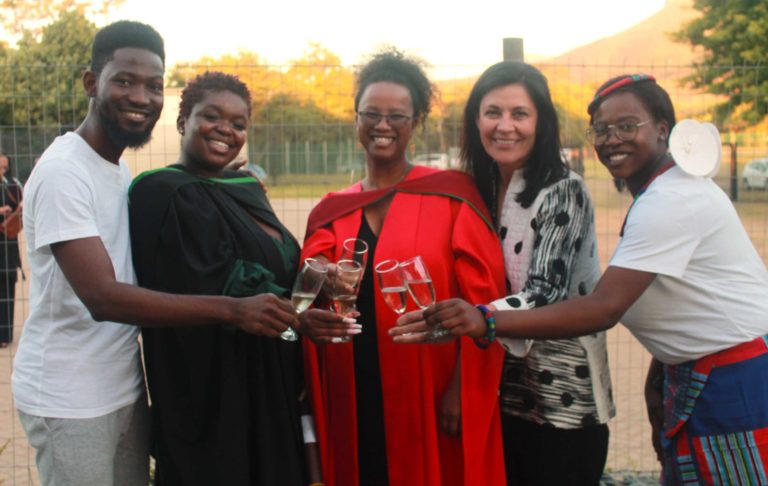
Picture : OTSHEPENG POOE
Small Things Fund
The Small Things Fund is a crowdfunding initiative that has been supporting students who need small amounts of money to continue their studies since 2015. The fund offers first-line support to first-generation university students in order to aid their academic success. The support provided is capped at R3500.
Dr Malgas said ‘We offer first-line support to first-generation university students in aid of their academic success. To some, our contribution might mean being able to buy a lab coat, while to others it might be in the form of data or airtime, or a ticket to a concert that they need to attend as part of their course. The support we provide is capped at R3500, hence the name of the Fund.’
Rural communities that make a living from indigenous teas
Dr Malgas has been a lecturer in Conservation Ecology at the SU Faculty of AgriSciences since 2009. Her PhD thesis reflects her belief that ‘the search for sustainability is in fact all about the search for community’. Dr Malgas believes that rooibos and honeybush wild-harvesting supports many rural livelihoods and it is important that we sustain production in Fynbos landscapes.
Through her research, she explored the plants and people’s knowledge about them, to investigate how environmental and social sustainability can be achieved. Her research findings are relevant for policy formulation and the fact that permits are issued for honeybush wild harvesting in the Eastern Cape and Western Cape provinces, but not in the Northern Cape, highlights the need for better regulation of wild harvesting in these regions.
‘My research highlights the importance of community-based agri-conservation initiatives,’ she said. ‘It shows how local ecological knowledge can support sustainable harvesting, livelihoods and the maintenance of ecological integrity of wild rooibos and honeybush populations.’
Dr Malgas used the framework of social-ecological systems by Nobel Prize winner Eleanor Ostrom to better understand the pathways and pitfalls that stand in the way of the long-term sustainability of cooperative ventures in the rooibos and honeybush sectors.
‘Findings from the study are relevant for policy formulation,’ she said
‘The fact that permits are issued for honeybush wild-harvesting in the Eastern Cape, but not in the Western Cape, is an example of a disjuncture in the institutional arrangement within a sector that relies on species that straddle both provinces. The result is a potential loophole: there is no mechanism to trace or monitor wild honeybush biomass entering Eastern Cape processing plants. It also nullifies cross-border law enforcement, limiting the effectiveness of the permitting system in the Eastern Cape. This points to institutional weaknesses in the sector.’
Follow us on social media for more travel news, inspiration, and guides. You can also tag us to be featured.
TikTok | Instagram | Facebook | Twitter
ALSO READ: Over 90% of lemurs in Madagascar at risk of extinction, new report warns

